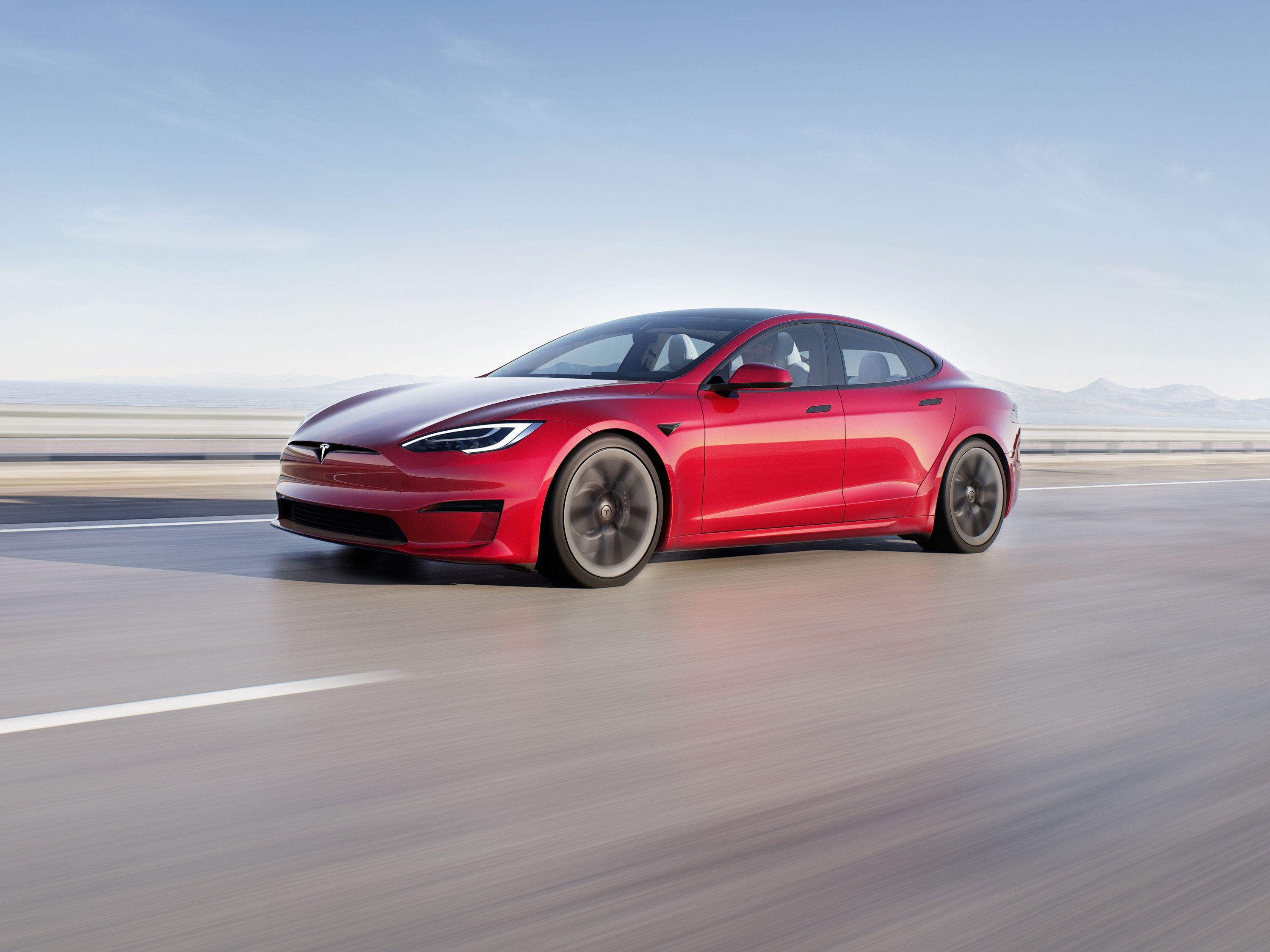
The self-driving car industry suffered another blow on June 16, following a US Senate Commerce Committee sitting.
The committee rejected yet another attempt to allow the deployment of autonomous vehicles. Republican Senator John Thune attached the bid to ease regulations to a $78 billion surface bill passed in a 25 to three vote. The committee rejected the bid to lift regulations on autonomous vehicles, however.
Thune's bid would have the National Highway Traffic Safety Administration grant certain self-driving vehicles access to the public road network. These self-driving cars would then have to operate within the safety standards written for human drivers.
Senator Thune made the argument that autonomous vehicles would eliminate deaths caused by human error. The Commerce Committee Chair, Maria Cantwell, was not convinced, however.
"It seems like every other week, we're hearing about a new vehicle that crashed when it was on Autopilot," Cantwell said. "I do think this is legislation that we can complete by the end of this year. These last issues are very thorny as it relates to legal structure."
From its side, Tesla recently admitted that level five autonomous tech would not be introduced in 2021. There seems to be a lot of confusion around autonomous levels. All Teslas are currently rated at Level 2, even though you can operate a Model Y from the rear seat.
"Democrats have yielded to pressure from special interests against the best interests of our economy and the American people," Thune said. "Are we really going to continue to ignore the enormous safety benefits of these vehicles?"
Thune also accused the Democrats of being owned by the Teamster and trial lawyers who oppose easing the strict legislation against self-driving cars.
While the Teamsters did not comment, the American Association for Justice stated that it "will continue to oppose any legislation that exempts the driverless car industry from basic safety standards, and allows auto and tech companies to avoid being held accountable through the use of forced arbitration clauses."
The Self-Driving Coalition expressed some disappointment but vowed to work with lawmakers. According to GM, which is not a part of the coalition, it hopes to sell personal self-driving cars by the end of the decade. Ford, a part of the coalition, started using self-driving Fusions in a geofenced area in Detroit in 2019. Mercedes, known for being at the forefront of technology, is no longer part of the race.
In addition to safety concerns, the Transportation Trades Department (TTD) also voiced its opinion on self-driving commercial vehicles. The president of the TTD, Greg Regan, recently stated that autonomous vehicles were placing millions of jobs at risk.
